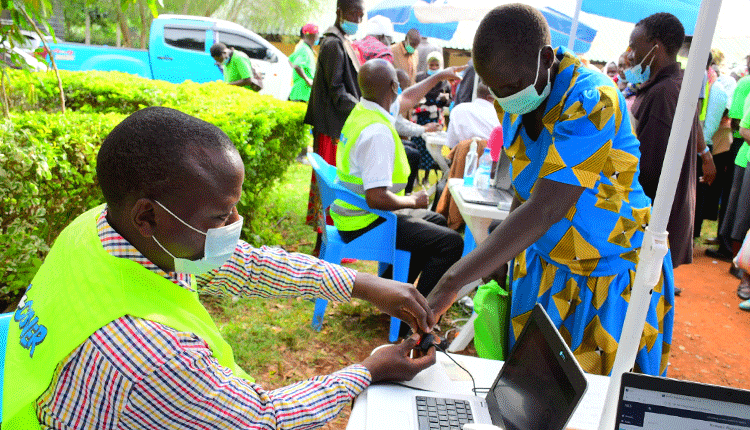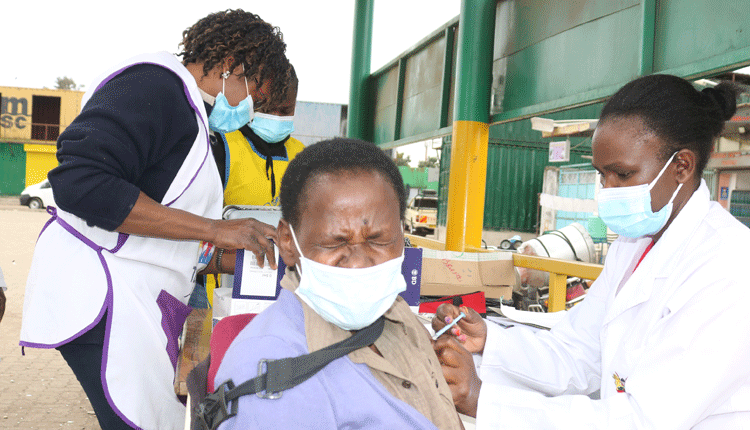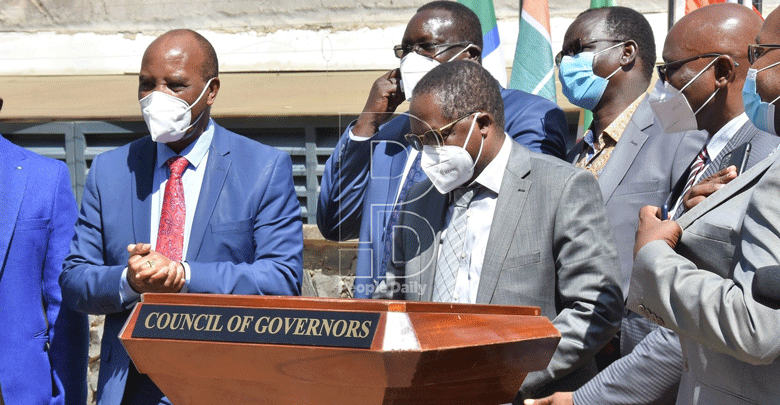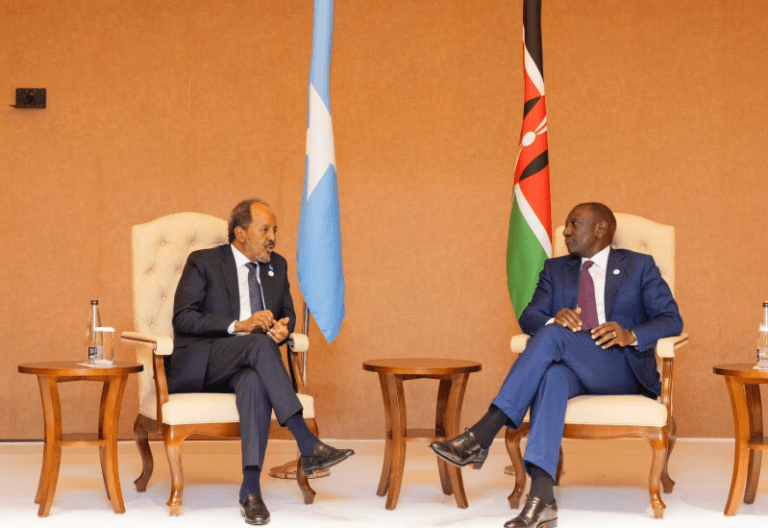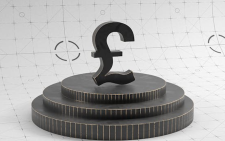UAP Holdings Plc posts Sh57m loss in first half
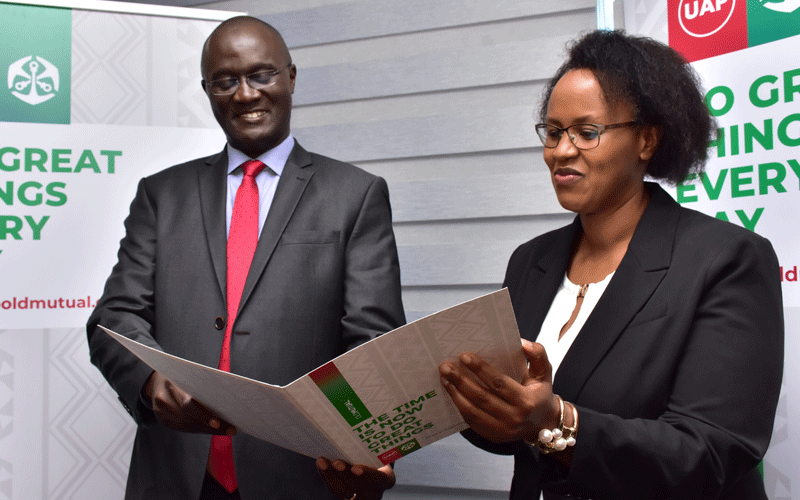
UAP Holdings Plc reported growth in top-line while maintaining the focus on profitable growth in the firm’s first half earnings amid improved cash flow.
The performance was delivered against the backdrop of Covid-19 pandemic which has adversely impacted different sectors of the economy the group operates in.
Stellar top line improvements coupled with improved claims ratios were, however, negatively impacted by the poor performance of the equities market which led to the group reporting a loss before tax of Sh57 million compared to a profit of Sh517 million for the same period in 2019.
Group CEO Arthur Oginga, said the company continues to drive its profitable growth agenda ensuring that business is transparently and appropriately priced for the risk underwritten, including rewarding good risk.
“Partially as a result of these and other management initiatives to reduce cost of claims through supplier management, early settlement discounts etc, net claims reduced by 11.8 per cent compared to first half 2019,” he said while speaking during an investor briefing yesterday.
The business, he added, also benefited from a reduced number and severity of claims incidents following government-imposed lockdowns and curfews in Quarter Two.
Gross written premiums, according to the financial results, were up double digit at 11 per cent driven by core short-term insurance businesses.
This reverses the previous trend of declining to flat growth experienced in recent years.
Net earned premiums were up 1.4 per cent over first half 2019 in line with gross earned premiums which were up 2 per cent.
Investment income was down 34 per cent driven by fair value losses of Sh771 million on equity investments in first half of 2020 compared to fair value gains of Sh407 million in first half 2019.
Financial services
Oginga said the group continues to execute on its integrated financial services strategy supported by digital with a keen focus on profitable growth.
“Our business is resilient with a strong balance sheet and improved cash generation,” he added.
Oginga said this would position the group well to navigate the headwinds that Covid-19 pandemic is likely to present in the second half of the year.
“We remain cautious given that the pandemic is still unfolding and have put in place measures to ensure our customers continue to receive services seamlessly,” he added.
The NSE All Share Index was down 17.2% in H1 2020 compared to 6.5% up in H1 2019 driven by reduced investor appetite for equities off the back of the pandemic.
Operating expenses were up 32% over H1 2019. This was driven by timing differences resulting from the full implementation of IFRS 16 in H2 of 2019, higher software costs in the medical business due to higher lives underwritten, higher IT costs following implementation of a new general ledger system in late 2019, increased distribution costs in line with topline growth and increased one off professional fees related to claims management initiatives on the motor book.
Finance costs were up 24% over H1 2019 driven by forex losses on dollar denominated debt (KES 146m) as the Kenya Shilling depreciated 5.1% in H1 2020 compared to 0.4% in H1 2019 .
